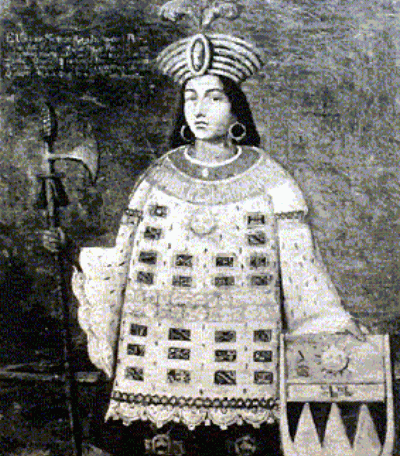
After Sunday morning yoga class today where the inspiration was the strength of the mountains, I was inspired to discover more about the spirituality of the Andes in the Incan culture.
The Andes is the longest running continental mountain range in the world spanning 7 countries from Venezuela to Argentina. At its height, the Incan empire covered a large percentage of the Andean range including all of Peru, a portion of Southern Colombia, most of Ecuador, southern and western parts of Bolivia, Northwest Argentina, and about half of Chile.
In Incan mythology, each individual mountain peak of the Andes was protected by its own spirit, referred to as an “apu” (plural apukuna). The word Apu has a double meaning in Quechu, the first meaning being mountain and the second, god. The Apukuna was protector of the surrounding people, crops and livestock. These Incan mountain spirits were an important connection between the human population, Kay Pacha, and the Upper realm, Hannan Pacha and were called upon in times of need. The Incas pleased the apukana with offerings of chicha (corn beer) and coco leaves. At times of utmost desperation, they even resorted to human sacrifice. The next time you are in the Andes Mountains, perhaps you will see the peaks in a different light. See them as the sacred ground that the Inca once thought them to be. Imagine each one of them as an individual ground guarded by its own protector. Life is more interesting when seen through a different perspective.
Since the first part of this blog was initiated by a thought I had today in yoga class, I thought I’d share one more semi- unrelated tidbit of yoga inspired information for you that I came across while researching the Apukuna. My current favorite pose is Warrior 2 so why not talk a little bit about Incan warriors. A reoccurring name in the line of Sapa Inca (rulers of the Incan Empire) was Tupac. The first, Tupac Inca Yupanqui, was responsible for the addition of Ecuador to the Incan Empire. The last, Tupac Amaru, was ultimately defeated by the Spaniards making him the last Sapa Inca. Famous rapper, Tupac Amaru Shakur was named not after Tupac Amaru I but Tupac Amaru II, an 18th century revolutionary directly descended from Tupac I, who lead an uprising against Spanish rule in an effort to gain rights for the indigenous population. Interesting connection, right?
Cheers!
Kristi